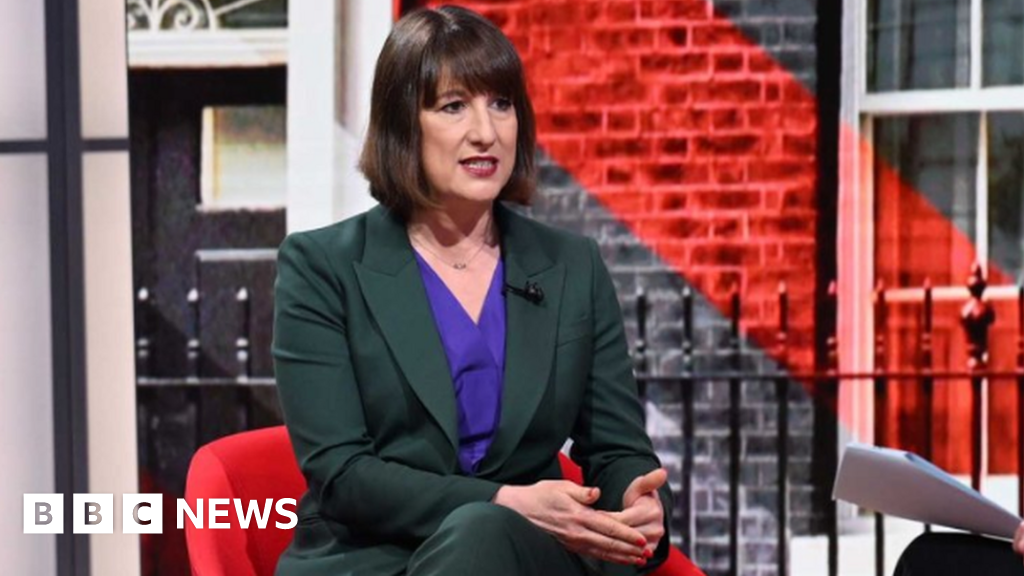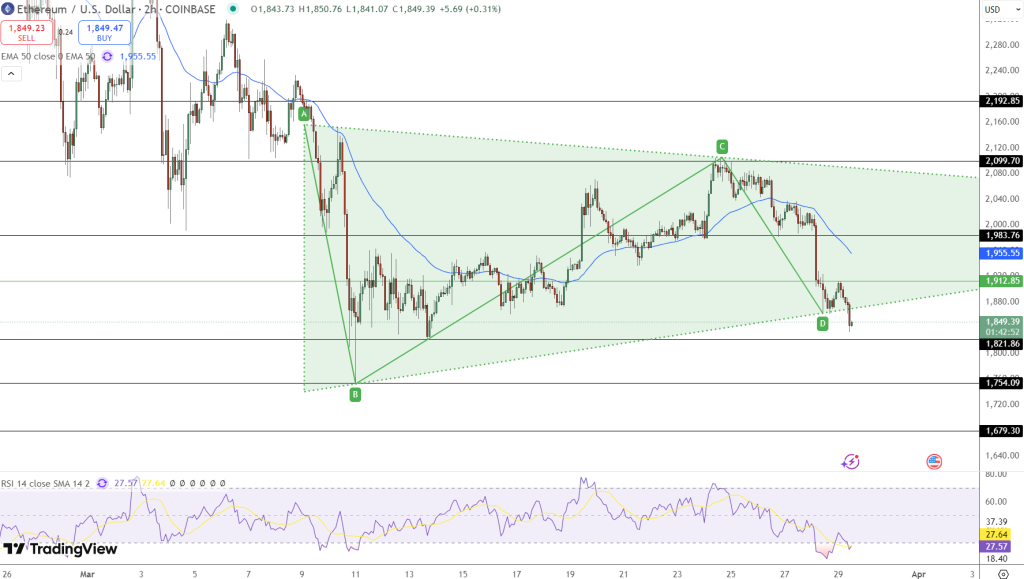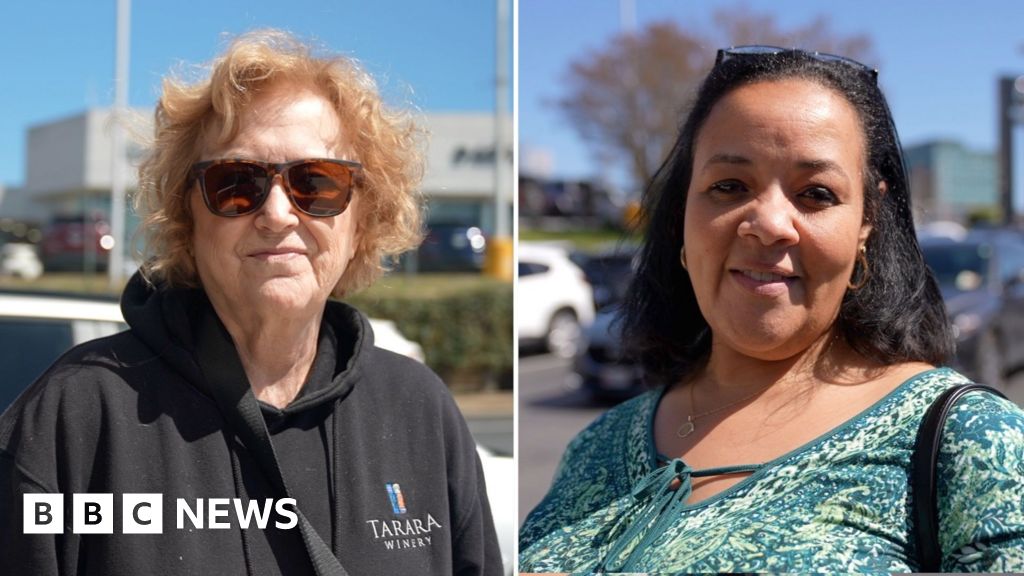Unlock the US Election Countdown newsletter for free
The stories that matter on money and politics in the race for the White House
The US is expected lift its ban on the sale of offensive weapons to Saudi Arabia, potentially in the coming weeks, according to US officials.
US President Joe Biden suspended the sale of such armaments to the kingdom three years ago, shortly after he entered the White House, criticising the conduct of the kingdom’s war in Yemen amid concerns about American-made weapons being used in air strikes that killed civilians.
But the decision has been under review after the UN brokered a truce in 2022 that has largely held as Riyadh has sought to extract itself from Yemen’s civil conflict, which it entered nine years ago.
Lifting the ban would be the latest sign of improving ties between the Biden administration and Riyadh.
Washington has already signalled to Saudi Arabia — traditionally one of the biggest buyers of US weaponry — that it was prepared to lift the ban, according to one person familiar with the matter.
The White House declined to comment.
Biden came to office promising to make Saudi Arabia a “pariah” because of his concerns about human rights in the kingdom, notably after the brutal 2018 murder of veteran journalist Jamal Khashoggi by Saudi agents at its consulate in Istanbul.
On the campaign trail in 2019, Biden also accused the Saudis of “murdering children” in an apparent reference to the war in Yemen, in which thousands were killed.
But relations have significantly improved since then, particularly after Russia’s invasion of Ukraine reinforced the belief in Washington that it needed Saudi Arabia’s co-operation on key issues, including energy, and to support US Middle East policies.
Senior US officials said this week that Washington and Riyadh were close to finalising a series of bilateral deals, including a defence pact and US co-operation on the kingdom’s nascent civilian nuclear programme.
The agreements would be part of a broader US-brokered compact that would lead to Saudi Arabia normalising ties with Israel, but it is dependent on the Jewish state agreeing to take steps towards the establishment of a Palestinian state.
Lifting the ban on offensive weapons sales was not directly tied to these talks, US officials said.
Saudi Arabia led an Arab coalition that entered Yemen’s civil war in 2015 to fight Iranian-backed Houthis after the rebels ousted the government and seized control of Sana’a, the capital, as well as most of the country’s populous north.
The kingdom, which shares a border with Yemen, drew widespread criticism for its conduct in the conflict. But in recent years, Riyadh has engaged in peace talks with the Houthis as Saudi Crown Prince Mohammed bin Salman has focused on his ambitious domestic development plans and on de-escalating tensions with regional foes, including Iran.
Progress on the Yemen talks stalled after Hamas’s October 7 attack and Israel’s retaliatory offensive against the Palestinian militant group in Gaza. The Houthis, which are part of Iran’s so-called “axis of resistance”, have launched missiles at Israel and attacked shipping in the Red Sea, disrupting flows through one of the world’s key maritime trade routes.
Washington designated the rebels as a global terrorist group in January, reversing the decision it took in 2021 to delist the movement.
But Saudi Arabia has continued to engage with a UN-mediated Yemeni peace process. In a sign that it did not want to escalate tensions with the Houthis, Riyadh did not join a US-led maritime task force designed to counter their attacks on shipping.
In Washington, the regional hostilities triggered by the Israel-Hamas war have reinforced the Biden administration’s belief that it needs Saudi Arabia as a key regional partner.
Ali Shihabi, a Saudi commentator close to the royal court, said lifting the ban on offensive weapons sales “would be an important step in continuing to rebuild the relationship between the US and Saudi Arabia”.
“And lifting the ban has become more important given the way the Houthis have behaved since October 7,” he added.
Credit: Source link











